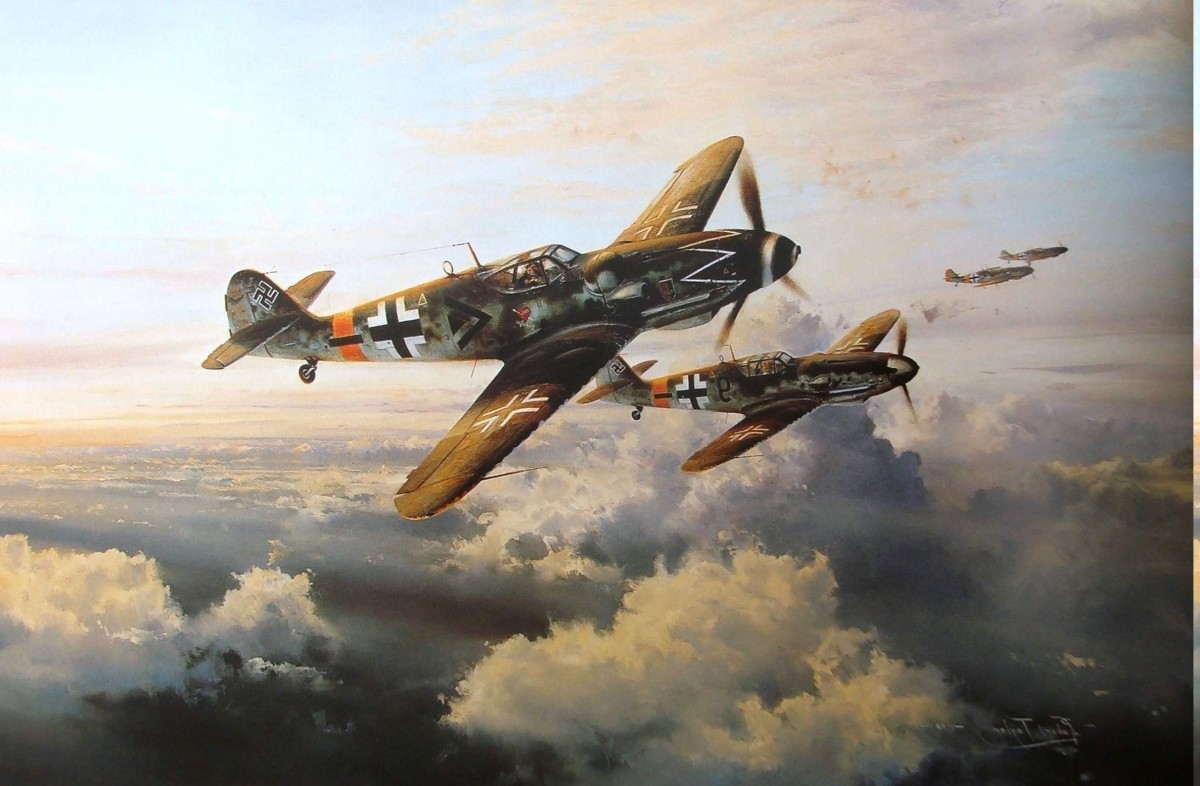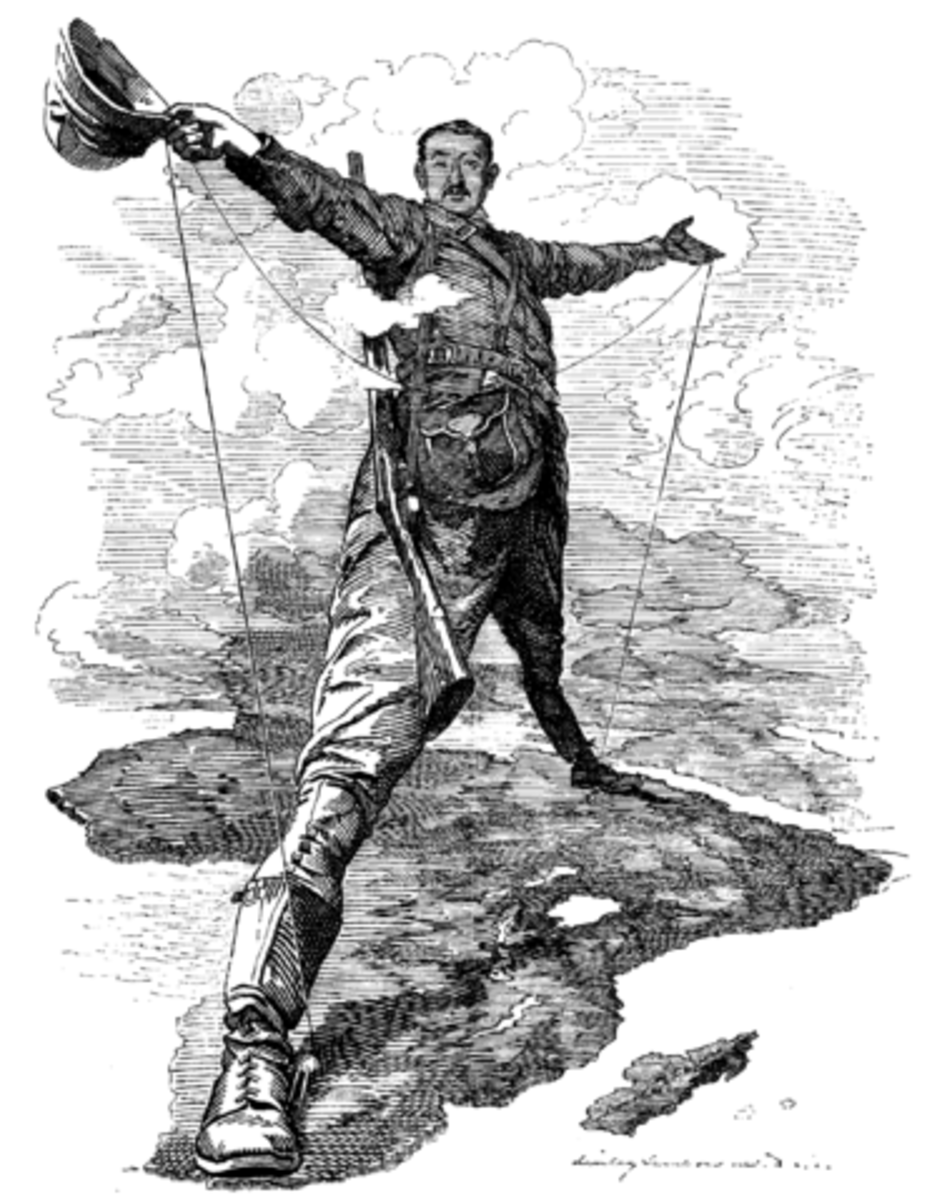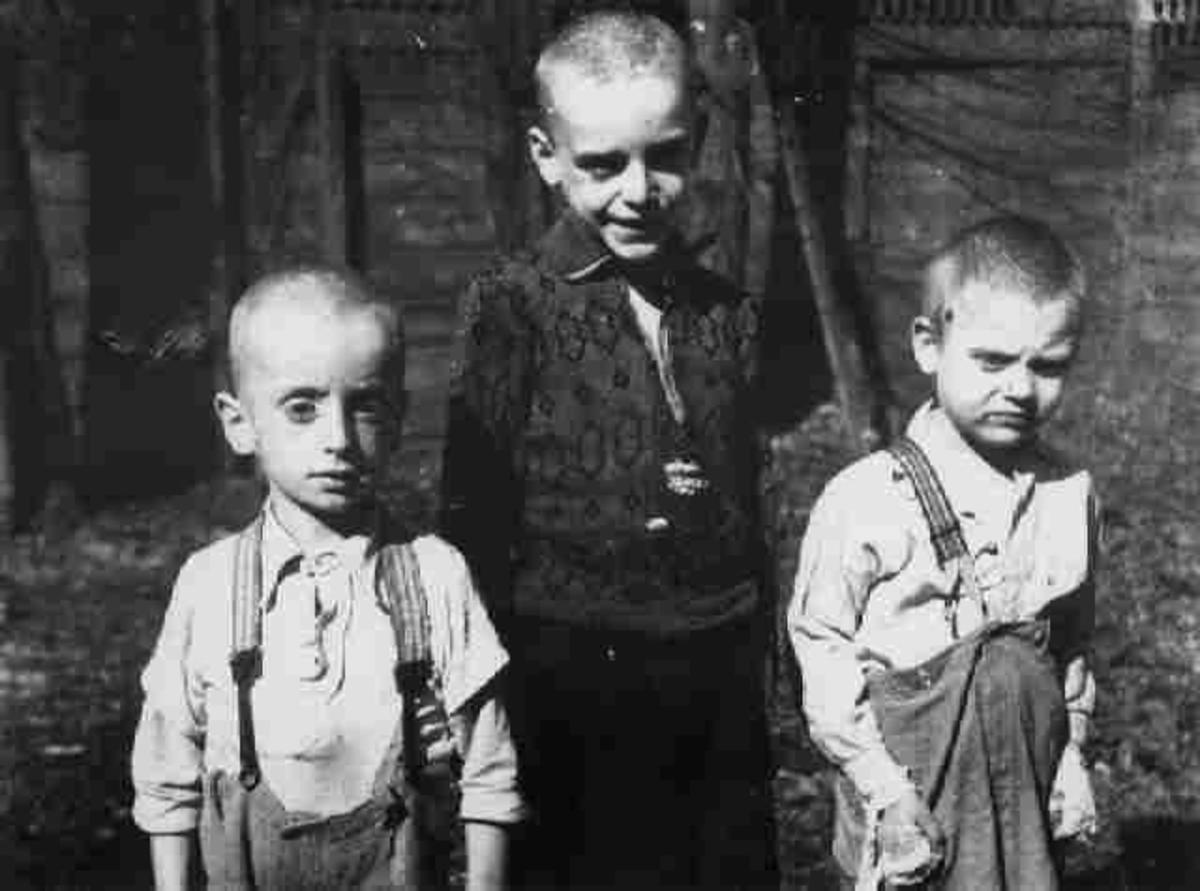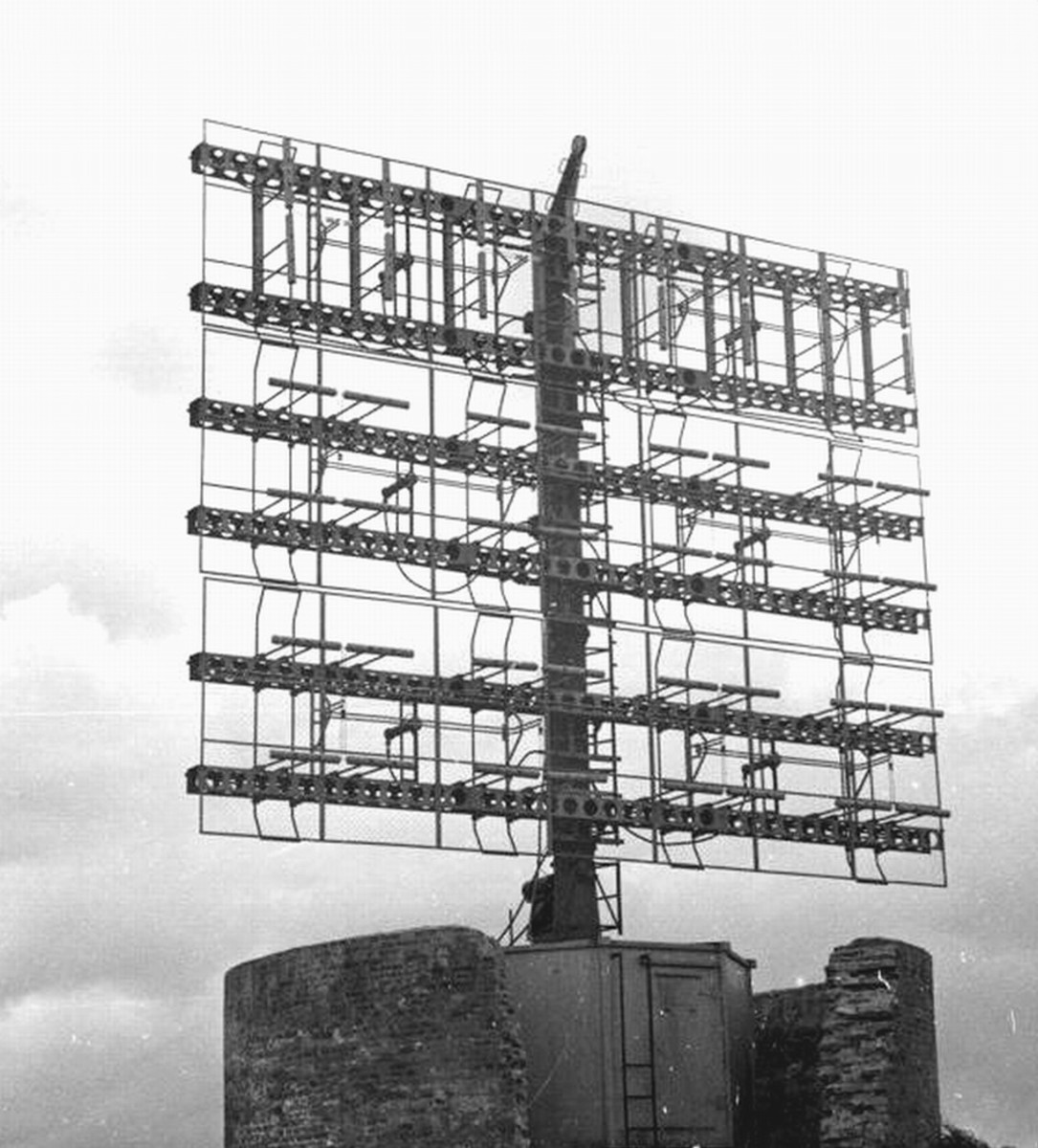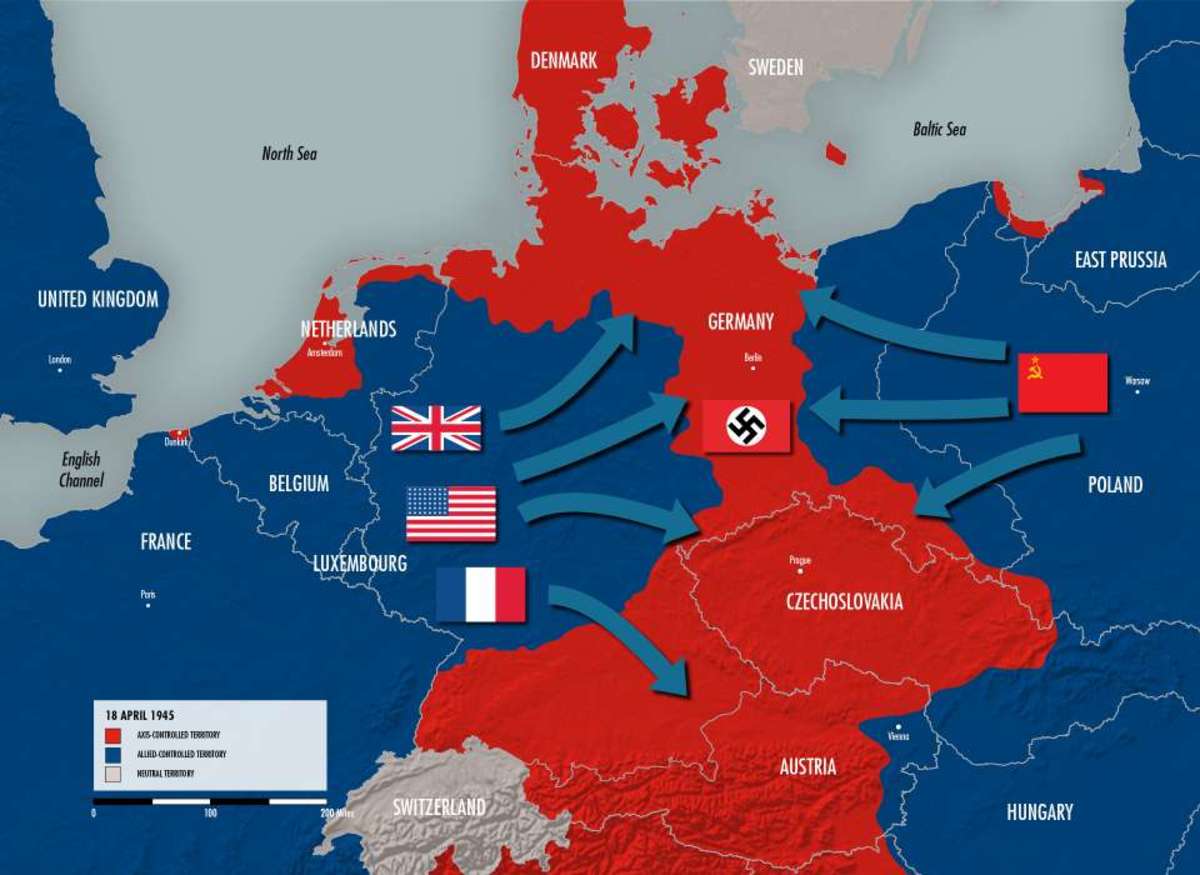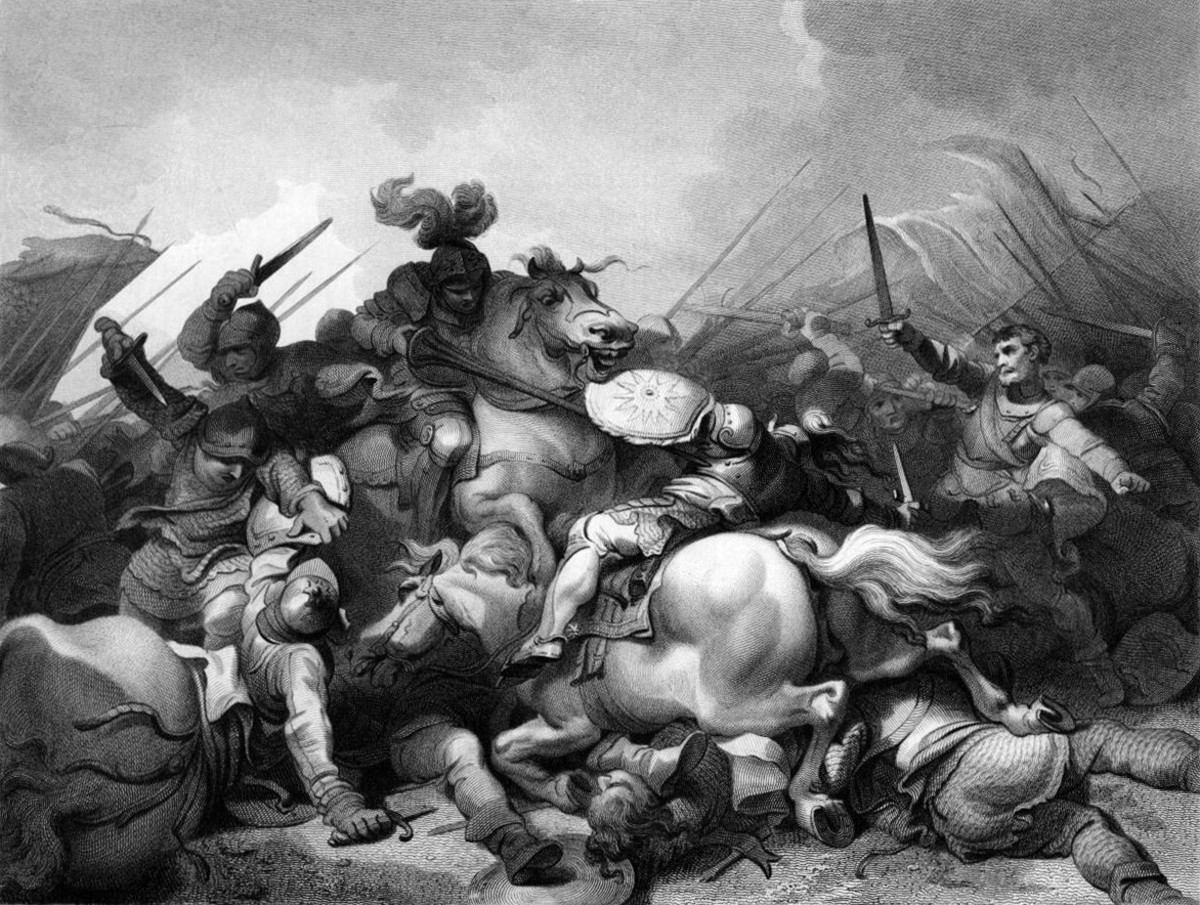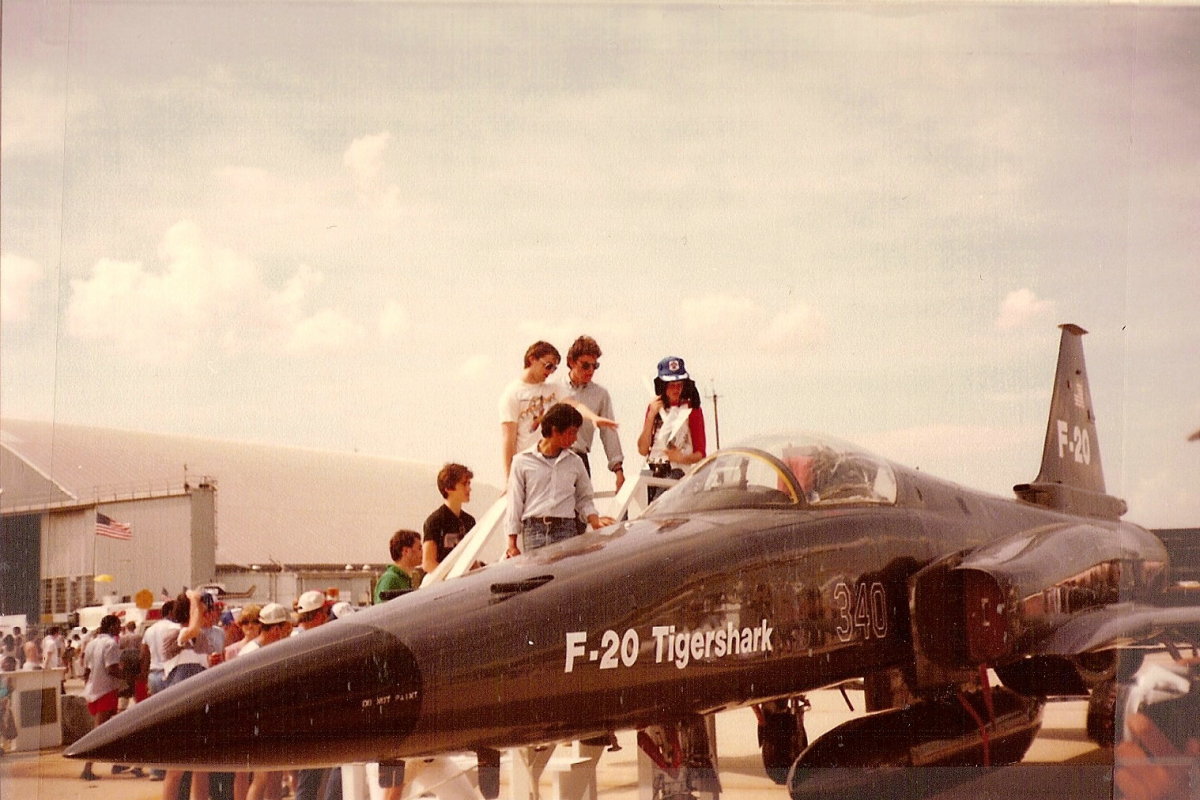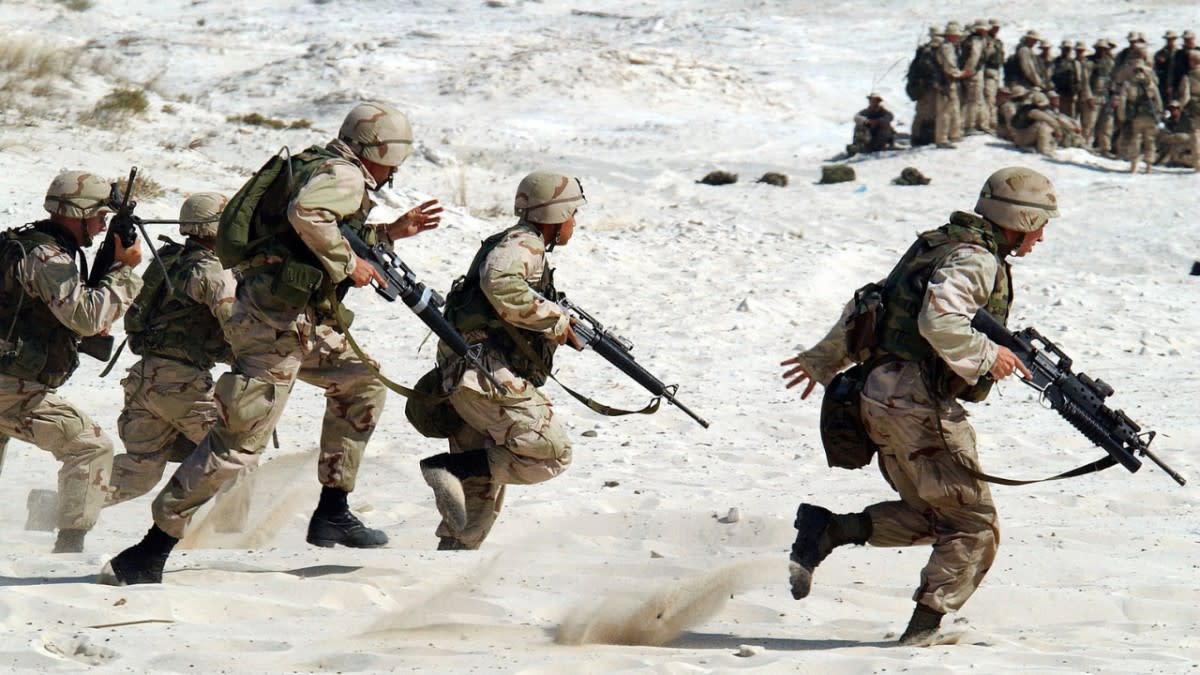Sonderkommando Junck: Germany in Iraq, 1941
As far as Raschid Ali was concerned, the British had broken the terms of the 1930 treaty. The treaty stated that no British troops were to be in Iraq and when the British sent in troops to garrison Habbaniya without Raschid’s permission, it was interpreted as an Act of War. Legally, the British intentionally provoked Raschid by the violation.
Iraq's fundamental condition for cooperating with Germany was a free hand to eradicate every last Jew from Palestine and the Arab world. Raschid had asked Hitler for an explicit undertaking to allow Iraq to solve the Jewish problem in a manner befitting their national and racial aspirations and according to the scientific methods innovated by Germany in the handling of its Jews. The answer Iraq got was: "The Jews are yours".
Escalation was rapid, on April 26th, Raschid requested German military assistance. On the 29th, a large Iraqi unit of up to 5,000 men began to surround the small British garrison at Habbaniya. Armed with artillery, the British were being pounded rather well and things began to look dire. The British had garrisoned this outpost as it was the only military installation between Vichy-French Syria and Baghdad. It was also a superbly outfitted airfield but with obsolete aircraft.
When Raschid contacted the Germans, the response was mixed. Minister of Foreign Affairs, Ribbentrop, advocated sending a full squadron of bombers and fighters and submitted the plan to Hitler. Hitler simply dragged his feet on the matter. He was more focused on the upcoming attack on Russia. The OKW was in a quandary as any help would be difficult, besides, the Balkan campaign was in full swing. In the desert, Rommel was also pleading for reinforcements in order to crush Wavell in Egypt.
By May 4th, Hitler had decided to send a token force to assist the Iraqis in order to save face and support the Arabs. The Italians had already sent a squadron of Breda 65 fighter bombers. The force sent consisted of 8 He 111, 12 Me 110, one AA section and 3 Ju 52s, commanded by Colonel Junck. These aircraft would arrive via staging areas in Syria and arrive at their base in Mosul on May 15th. On the 16th, the first German sortie raked over the stunned British armed with only obsolete aircraft. The Luftwaffe had arrived in the Middle East and nothing short of a miracle in shipping of aircraft in sections and reassembling them. The British had also performed a miracle as well, its Habforce division (6,000 men), left Palestine on the 11th to start its 500-mile march across the hot desert to prevent the German's arrival in Baghdad and Falluja.
At Habbaniya air base, the small British force holding it was under siege by an Iraqi force much greater in size and well-armed with British weapons. The only positive aspect for the British was its 70 aircraft, which were able to run a gauntlet of enemy AA fire during takeoff, turn around, and bomb the Iraqis. But the price was high, as the first day alone, 22 aircraft were shot down. The Iraqi AirForce had more modern Italian aircraft that sortied and attacked the airfield on a regular basis. By May 6th, it seemed like the British troops were on their last leg. Then, oddly, the Iraqis simply left the hills surrounding the airbase! God has saved the British at Habbaniya.
The German presence over Habbaniya was spotty, at best. Their token force was just that, a token show of force and encourage the Iraqis to oppose the British. German bombers attacked Habbaniya several times but it did little damage. By the end of May, most of the German group had left Iraq.
AFTERMATH
In August, Raschid Ali travelled to Istanbul, and later flew to Berlin on the November 21,1941. He had hoped to form an Arab force that would advance from the Caucasus, in Russia, to Iraq and retake Bagdad. The German defeat at Stalingrad made that impossible.
Rashid Ali then moved to Athens and broadcasted to the Arab people until October 1944. After the war he fled to Damascus in exile. In the late 1950´s, he returned for a short while to Baghdad, where he served a short prison sentence. He died in Beirut on August 28, 1965.
The German mission in Iraq failed in its main aim in causing a total uprising in the Arab world against the British Empire. This was because of two things: 1) the failure to capture the RAF base at Habbaniya, and 2), the poor showing of the Iraqi army at Falluja when they counterattacked. No matter how dedicated the "Arab Brigade" was, without the full support of the Iraqi army, they could not win in the long-term.
As for Hitler, he only had a token interest in expanding into the Middle East and never took it seriously.
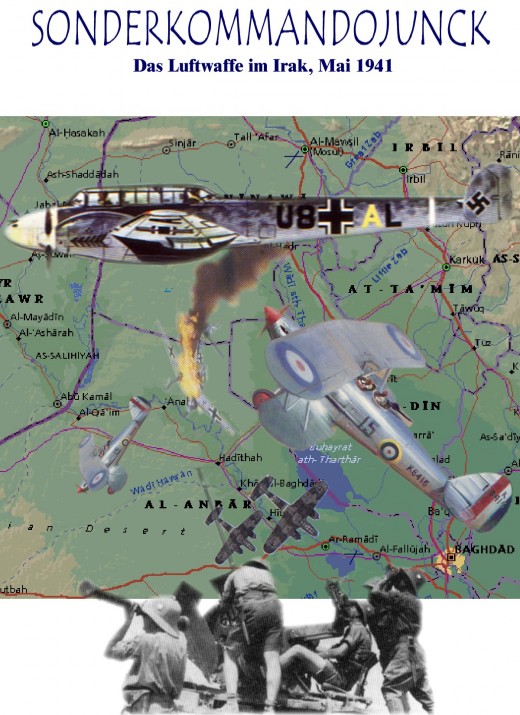
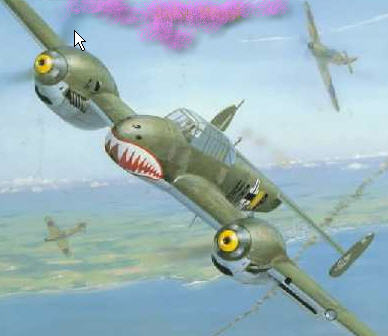
- The Iraq coup of Raschid Ali in 1941, the Mufti Husseini and the Farhud (Farhoud)
The Iraq coup of Raschid Ali in 1941, the Mufti Husseini and the Farhud (Farhoud) - the role of the Palestinian Grand Mufti, Haj Amin El Husseini* The role of the RAF and Imperial Soldiers, Habforce, KingCol, The Role of the Arab Legion - https://www.facebook.com/groups/firefightgames
Wargames covering this article.

